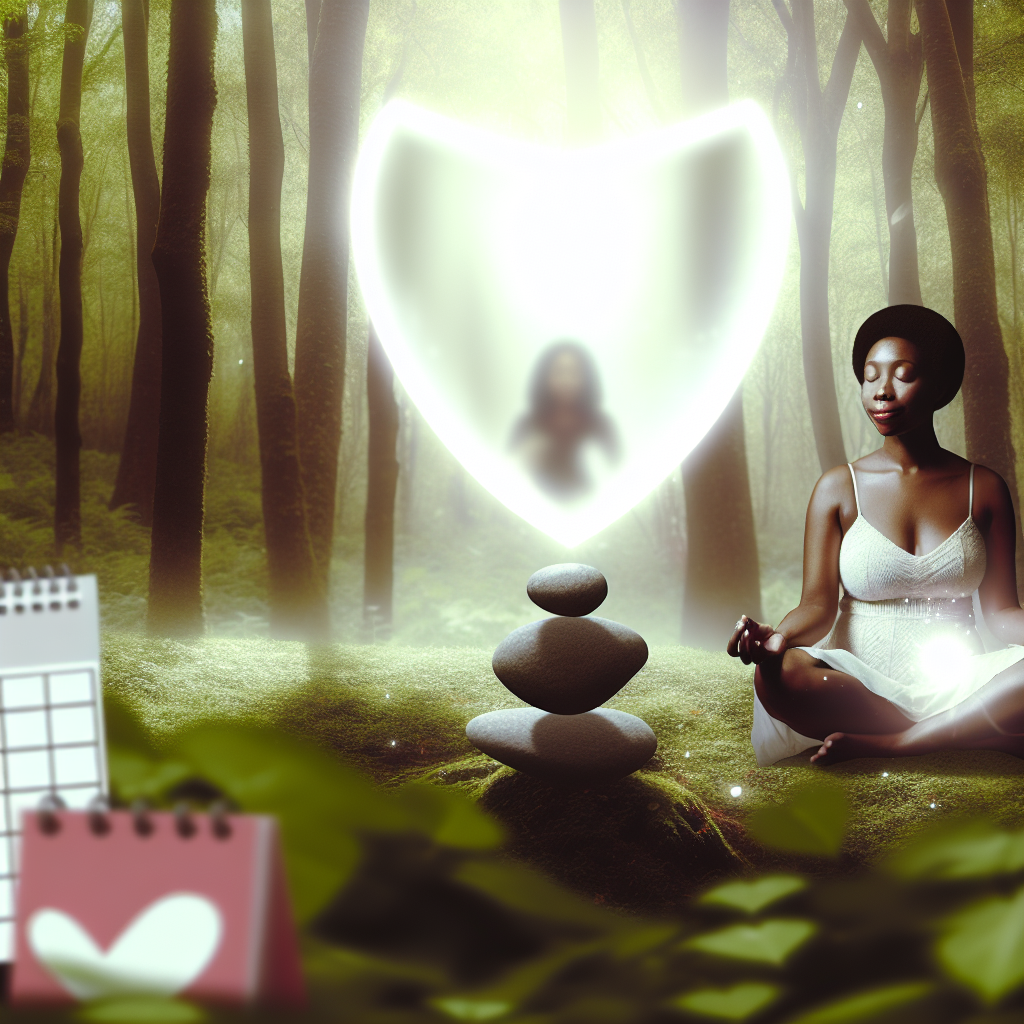The Energy Audit – How to Protect Your Emotional and Mental Energy While Dating Intentionally
Introduction
In today’s fast-paced dating environment, where swiping through profiles has become as routine as checking your texts, the emotional energy required to date intentionally can often be underestimated. For singles navigating modern romance—from their late teens to their 80s—dating can be thrilling, but it can also be exhausting. The constant evaluation of potential partners, deciphering mixed signals, ghosting, overthinking, and the anticipation of connection can all lead to emotional fatigue.
As a dating expert and strategist, I’ve observed that truly intentional dating doesn’t just come from setting standards—it comes from protecting your emotional and mental resources. This is where “The Energy Audit” comes in.
An energy audit, traditionally used in sustainability to identify where energy is wasted, can be adapted to analyze emotional output in your dating life. By reflecting on where your thoughts, efforts, and feelings are directed—and identifying what drains you emotionally—you can realign your dating experience with self-care and intentions. This personal evaluation cultivates better boundaries, improved mental clarity, and more satisfying romantic outcomes.
Intentional dating is rooted in alignment. Rather than seeking superficial bonds or mindless swiping, it involves nurturing healthy, meaningful relationships. But without managing energy, even the noblest intentions can lead to burnout. Studies reveal that emotional fatigue reduces self-esteem, impairs decision-making, and affects overall happiness in relationships. This is especially true for those balancing full-time careers, caregiving responsibilities, or recovering from heartbreak.
Learning when and how to pause before reaching “holding-a-hinge-date-on-empty” mode is essential. By regularly conducting an emotional energy audit, you can establish vital boundaries, pace your involvement, and center self-respect over romantic validation. Think of this strategy as maintaining your emotional ecosystem—allowing your brightest self to resonate and receive.
Features: Studies, Psychology, and Preventing Burnout in Modern Dating
Recent psychological and neuroscience studies reveal a growing connection between energy management and dating satisfaction. According to Psychology Today, emotional energy depletion impacts your ability to evaluate compatibility, interpret behavior, and bounce back from rejection. The cognitive load created through digital dating apps or emotional ups and downs can interfere with decision-making, increasing vulnerability to disappointment.
A 2021 study in the Journal of Affective Disorders found that the emotional drain from constant interaction on apps mimics the signs of occupational burnout—manifesting in irritability, withdrawal, and anxiety. This supports the idea that using dating platforms without mindful breaks—or without detoxing from negative interactions—can lead to prolonged emotional fatigue.
Moreover, researchers at the University of Massachusetts found a link between lack of emotional boundaries and increased feelings of rejection and stress in the dating process. Their study, titled “Digital Romance and Emotional Resiliency”, emphasizes how neglected emotional maintenance in dating can lead to chronic anxiety and emotional dysregulation.
Neuroscientist Dr. Lisa Feldman Barrett highlights that empathizing and making emotional decisions consumes energy at a physiological level. Our brains use glucose and other resources to simulate emotional predictions and responses. Constantly extending compassion or evaluating connection taps into these reserves—emphasizing the need to manage energy budgets like we manage time or finances.
What are some common energy leaks? Overinvesting without reciprocation, waiting hours or days for replies, agonizing over texts, or consistently dating people who are emotionally unavailable can all take a significant emotional toll.
To preserve energy, consider the following:
- Set time limits on dating apps to avoid compulsive usage.
- Detach emotionally from outcomes early on; focus on mutual exchange before investing further.
- Perform a check-in after every date to reflect on how it affected your mood, interest, and self-worth.
Experts suggest tools like emotional journaling, therapy, breathwork, and mindfulness for processing experiences. Deliberate rest periods from dating can also help restore balance, rebuild clarity, and grant perspective. VeryWell Mind outlines effective ways to manage dating fatigue by integrating self-reflection and personal space after high-energy dating phases.
Age-Specific Challenges and Remedies
Age plays a crucial role in how dating energy is impacted. Older daters—especially those navigating life after divorce, bereavement, or long-term relationships—often experience overwhelm due to unfamiliar digital platforms, comparison to past love, or unhealed grief. For these individuals, practices like slow dating, curated conversations around values and visions, and more direct communication reduce confusion and preserve emotional stamina.
On the flip side, younger adults in their 20s and 30s may become emotionally depleted by hookup culture, ambiguous intentions, or ghosting. For them, boundary-setting is about stating emotional availability clearly, using intention-driven bios, and limiting repetitive or low-quality conversations.
Across all demographics, protecting your emotional bandwidth is about recognizing when dating feels like building or draining. Energy audits are not just tools—they’re acts of self-compassion.
Conclusion
Intentional dating is ultimately a practice of choosing yourself—every step of the way. By conducting regular emotional energy audits, establishing healthier boundaries, creating room for rest, and using reflection as a compass, your dating life can become more aligned with your truth and emotional capacity.
When you preserve your emotional energy, you’re not just sparing yourself from disappointment; you’re setting the stage for conscious, reciprocal love. And in the end, dating from a place of abundance invites deeper connection, clarity, and peace of mind.
Resources & References
– Psychology Today – The Psychology of Fatigue
– Journal of Affective Disorders Study on Dating Burnout
– ResearchGate – Digital Romance and Emotional Resiliency
– Lisa Feldman Barrett – Neuroscience Perspective
– VeryWell Mind – Preventing Dating Burnout
Summary (100 Words)
In a time when dating often feels like a second job, The Energy Audit offers singles a strategy to protect their emotional and mental wellbeing while dating intentionally. By identifying energetic “leaks”—like overinvesting too early, burnout from app use, and lack of emotional boundaries—daters can reset expectations and reduce fatigue. Supported by neuroscience and mental health research, the article helps readers conduct their own audit using tools like reflection, limited tech engagement, and mindfulness. Whether you’re exploring love at 25 or 65, guarding your emotional energy ensures dating from a place of self-respect, clarity, and abundant connection.

Dominic E. is a passionate filmmaker navigating the exciting intersection of art and science. By day, he delves into the complexities of the human body as a full-time medical writer, meticulously translating intricate medical concepts into accessible and engaging narratives. By night, he explores the boundless realm of cinematic storytelling, crafting narratives that evoke emotion and challenge perspectives. Film Student and Full-time Medical Writer for ContentVendor.com




